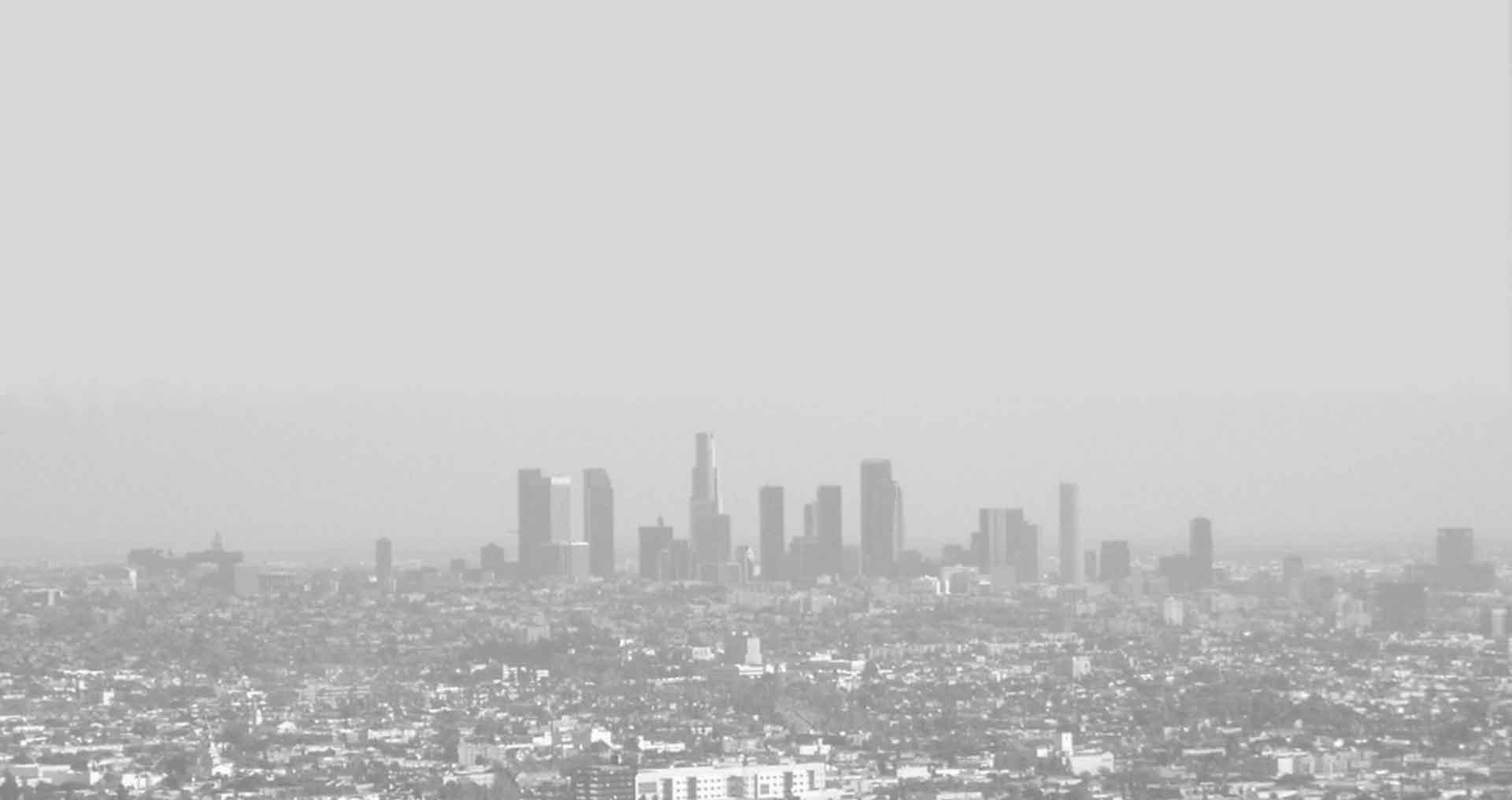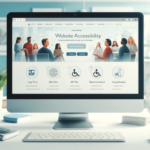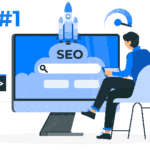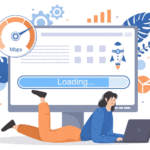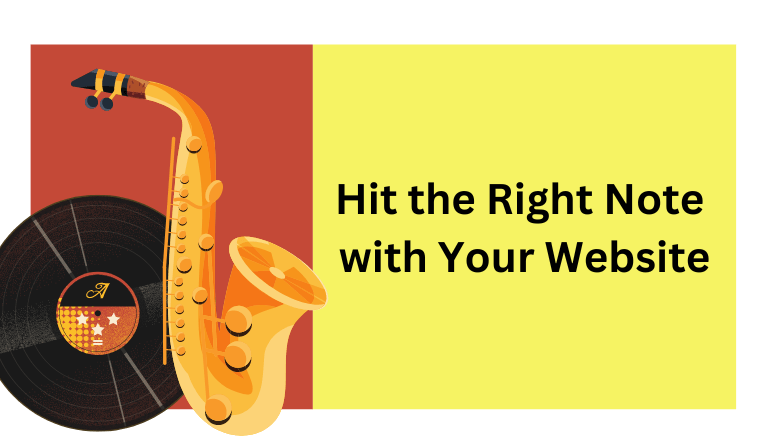
The sea of web designers available can be daunting when creating a website for your business. Researching and understanding your goals can help you find a designer who can design a website that looks great and effectively communicates your brand.
As a business owner, you know that your website is the face of your company. It’s the first impression that many people will have of your brand, and it must make a good one. When it comes to finding a web designer can feel like a daunting task.
Knowing where to begin your search can be challenging with so many options.
Taking your time and doing your research is vital because this is a crucial decision for your business.
It’s critical to take your time and research to find a designer who fits your budget and meets your needs.
It’s also good to ask for recommendations and check online reviews to understand what other people have experienced. Remember, choosing a designer is essential, so don’t rush into it.
Your business needs to match with the right partner. But don’t worry; just like in jazz, the key is finding the right rhythm and flow to make your website stand out.
11 Best tips for choosing a web designer for your business
Know Your Needs
It’s essential to clearly understand your business needs before you start looking for a designer. Make sure you identify your target audience, the goals of your website, and any specific features you would like to include. It will help you communicate more effectively with potential designers and ensure that they understand what you’re looking for.
Experience is Key
When it comes to web design, experience is essential. Look for a designer with a proven track record of creating effective websites for businesses like yours. A designer with experience will more likely understand your needs and create a site that meets them.
Check the Portfolio
A designer’s portfolio is a great way to get a sense of their style and the types of sites they can create. When searching for examples of a web designer’s work similar to what you want for your website, pay close attention to details such as the website’s navigation, layout, and overall design aesthetic.
Get Referrals
Ask for referrals from other business owners who have had a good experience with a web designer. It can be a great way to find an experienced designer capable of creating a site that meets your needs.
Communication is Key
Effective communication is critical when it comes to creating a website. Look for a designer who is easy to work with and can clearly explain their process and ideas. It will help ensure that your project stays on track and completes to your satisfaction.
Evaluate the Design Process
Different designers have different design processes. Some may use a more structured approach, while others may be more flexible. Consider what kind of process would work best for you and your business.
Technical Skills Matter
A web designer’s technical skills are just as essential as design skills. Choose a designer capable of creating visually appealing and technically sound websites using the latest web technologies.
Pricing is Important
Choosing a web designer shouldn’t just be based on cost. Consider other factors as well. However, it’s still a crucial factor to consider. You’ll want to ensure that you’re getting a fair price for the services you’re receiving and that the designer’s pricing aligns with your budget. It’s essential to get quotes from multiple designers, so you can compare prices and make an informed decision. Ultimately, you want to ensure that you spend your money well and that the designer’s pricing is just one aspect to consider. Look for a designer who offers a fair price for their services and is transparent about their costs.
Availability is Important
A designer’s availability can be a significant factor in the success of your project. Look for a designer who can work on your schedule and meet your deadlines.
Location is a Factor
While it’s only sometimes necessary to work with a designer in the same city or country as you, it can be helpful to work with someone nearby. It can make it easier to meet in person and discuss your project.
Trust Your Instincts
Ultimately, the right web designer for your business is the one who you feel comfortable working with and whose work you admire. Trust your instincts and choose the designer you think is the best fit for your project.

Clients Also Asked about Choosing a Web Designer
Does a web designer have the experience I’m looking for?
One way to evaluate a designer’s experience is by looking at their portfolio. A designer with a proven track record of creating effective websites for businesses like yours is more likely to be able to create a site that meets your needs. You can also ask for references and check their online reviews.
What should I look for in a designer’s portfolio?
Look for examples like what you’re looking for in terms of design style and functionality. Pay attention to the details, such as the navigation, layout, and overall aesthetic. Also, look for examples that show the designer’s ability to create a visually appealing and technically sound website.
How important is communication when choosing a web designer?
Effective communication is critical when it comes to creating a website. A designer who is easy to work with and able to explain their process and ideas will help ensure that your project stays on track and completes to your satisfaction.
How do I evaluate a web designer’s design process?
Different designers have unique design processes. Some may use a more structured approach, while others may be more flexible. Consider what method would work best for you and your business and ask potential designers about their strategy to see if it aligns with your needs.
How do I evaluate a web designer’s technical skills?
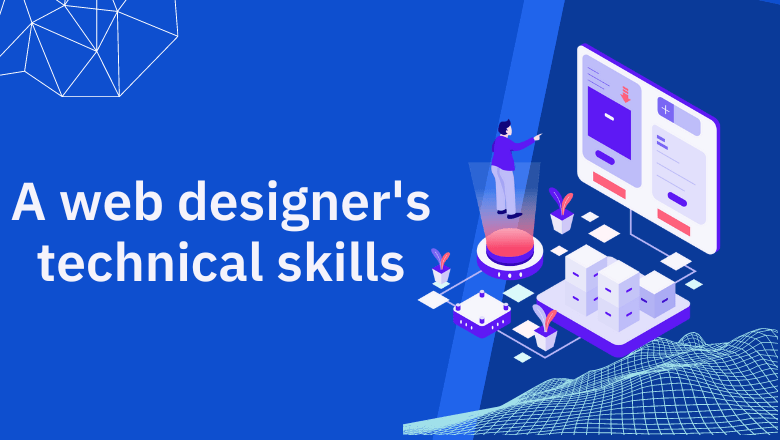
A web designer’s technical skills are just as essential as design skills. It would help if you had a designer who understands the latest web technologies and can design a visually appealing and technically sound website. You can ask for examples of websites they have developed and ask them about the technologies they use.
How do I determine a fair price for web design services?
Look for a designer who offers a fair price for their services and is transparent about their costs. You can also compare prices with other designers to understand what is appropriate in the market. Remember that the cheapest option may only sometimes be the best.
How do I evaluate a web designer’s availability?
A designer’s availability can be a significant factor in the success of your project. Look for a designer who can work on your schedule and meet your deadlines. Ask them about their availability, and make sure they can commit to the time frame of your project.
How does a designer’s location affect my project?
While it’s not always necessary to work with a designer located in the same city or even the same country as you, it can be helpful to work with someone nearby. It can make it easier to meet in person and discuss your project. However, many designers work remotely, so it’s okay if the designer is in the exact location.
How do I trust my instincts when choosing a web designer?
Ultimately, the right web designer for your business is the one who you feel comfortable working with and whose work you admire. Trust your instincts and choose the designer you think is the best fit for your project. Be bold, ask questions, and ensure the designer understands your needs and can deliver what you’re looking for.
How do I know if a designer is using the latest web technologies?
A web designer who is well-versed in the latest web technologies will be able to create a visually appealing and technically sound site. You can ask potential designers about the technologies they use and look for examples of websites they have developed that use the latest technologies.
How do I ensure my project stays on track and completes to my satisfaction?
One way to ensure that your project stays on track and completes to your satisfaction is by setting clear expectations and timelines with your designer. Communicate your needs and goals clearly and regularly check in with your designer to ensure everything is on track. Also, provide a clear contract outlining the scope of work and the designer’s responsibilities.
How can a web designer help me drive conversions on my website?
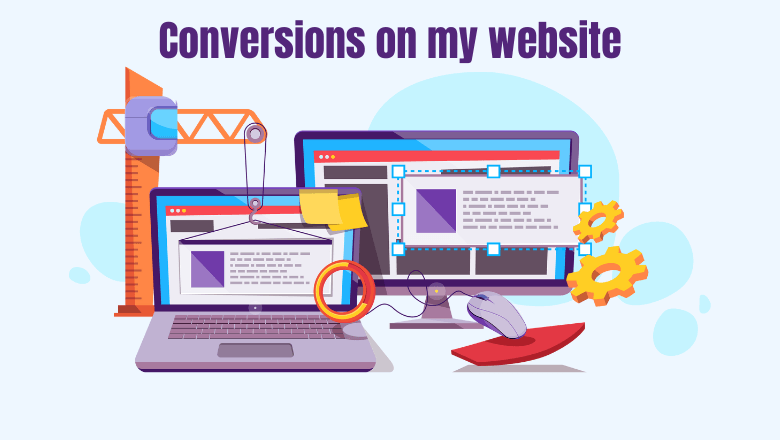
One way to evaluate a designer’s ability to drive conversions on your website is by looking at their portfolio for examples of websites they have created for businesses similar to yours that have succeeded in conversions. You can also ask them about their approach to conversion optimization and if they have any experience with A/B testing, user experience (UX) design, and analytics.
How important is mobile responsiveness when choosing a web designer?
Mobile responsiveness is crucial in today’s world as more and more people are accessing the internet on their mobile devices. A web designer who can create a website optimized for mobile will ensure that your site looks great and functions well on all devices. Look for examples of mobile-responsive websites in their portfolio and ask them about their approach to mobile design.
How do I ensure my website is secure when working with a web designer?
Security is a crucial aspect of website design. A web designer knowledgeable about website security best practices can help protect your site from potential threats. Ask a designer about their approach to website security and look for one who has experience implementing security measures like SSL certificates.
How do I ensure that my website is easy to maintain after a web designer builds it?
Website maintenance is essential to keeping your site running smoothly and ensuring that it remains up to date. Look for a designer who can provide documentation, training, or ongoing maintenance services to help you keep your site running smoothly.
You can also ask them about their approach to website maintenance and if they have experience with content management systems that make it easy for you to update your site.
How do I ensure that my website optimizes for search engines?
SEO is about ensuring your website appears as high up as possible on search engine results pages, making it more likely for people to click on it. It’s a technique that helps to increase the visibility and ranking of your website or a web page in the search engine results pages. The method can help your website reach a larger audience and increase traffic.
A web designer with SEO experience can help ensure that your site is optimized for search engines and can help drive more organic traffic to your site. Look for examples of websites they have created that have achieved success in terms of SEO and ask them about their approach to SEO.
How can I make my website accessible to people with disabilities as well?
Website accessibility is an essential aspect of inclusive design. A web designer knowledgeable about accessibility best practices can help ensure that your site is accessible to all users, including those with disabilities.
Look for examples of accessible websites in their portfolio and ask them about their approach to accessibility.
How do I ensure that my website is fast and performant?
Website performance is an essential aspect of user experience. A web designer with experience with website performance optimization can help ensure that your site loads quickly and performs well for all users.
Look for examples of websites they have created that have achieved success in terms of performance, and ask them about their approach to performance optimization.
How do I ensure that my website is scalable and can grow with my business?
Website scalability is an essential aspect of website design, especially for businesses that are expecting to grow in the future. A web designer with experience with scalable website design can help ensure that your site can handle increased traffic and new features as your business grows.
Look for examples of websites they have created that have achieved success in terms of scalability and ask them about their approach to scalable design.
How do I ensure that my website is easy to integrate with other systems and tools?
Website integration is an essential aspect of website design, especially for businesses that use multiple systems and tools. A web designer with experience with website integration can help ensure that your site is easy to integrate with other systems and tools, such as e-commerce platforms, CRM systems, marketing automation tools, and more.
Look for examples of websites they have created that have succeeded in terms of integration. Ask them about their approach to integration and which technologies and platforms they have experience working with.
Final thoughts about choosing a web designer
When choosing a web designer, technical skills and experience are essential. But don’t forget to look at their ability to create a website that converts, is mobile-friendly, secure, easy to maintain, optimized for search engines, accessible, fast, scalable, and easy to integrate with other systems.
These are all critical aspects of website design that can significantly impact the success of your online presence and your business as a whole.
If you would like help with your website design. Send us a message here.
Patricia has worked in digital marketing for 12 years.
And is the author of two books on the subject
